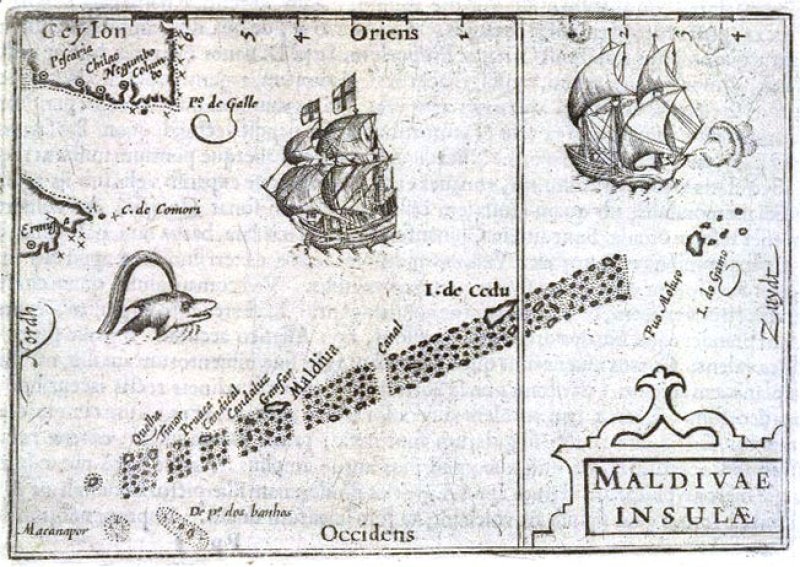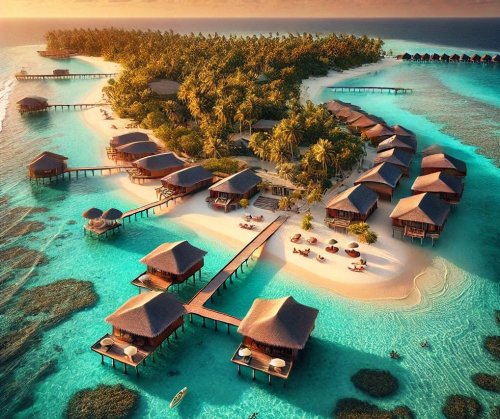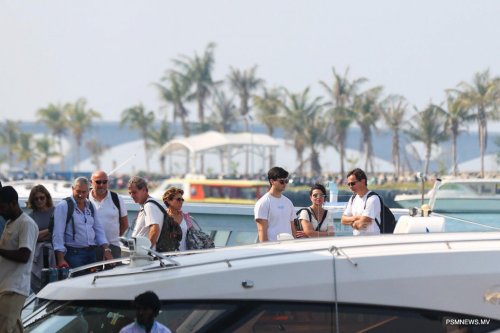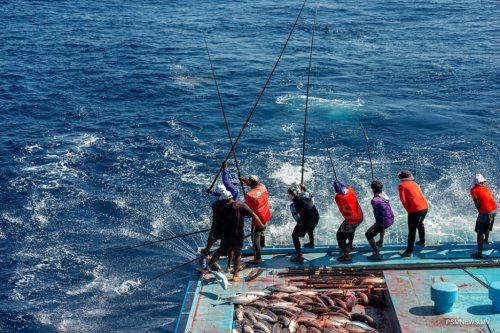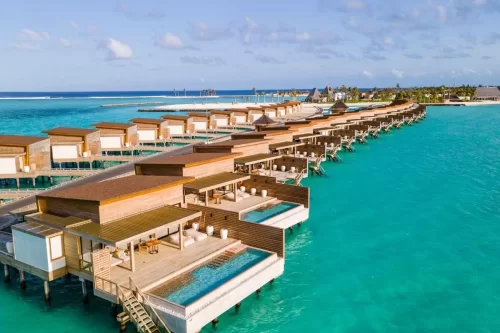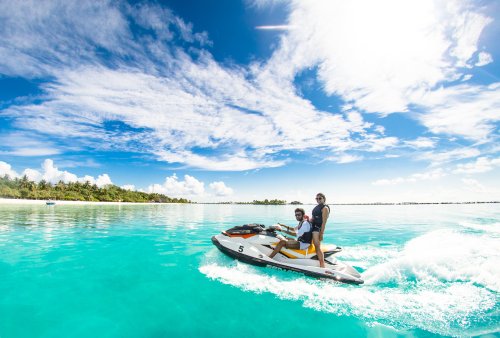The Maldives, located in the Indian Ocean, is an archipelago of 26 atolls consisting of around 1,190 coral islands. It is a country that is known for its beautiful beaches, clear blue waters, and coral reefs. However, the history of the Maldives is as rich as its natural beauty. From ancient Buddhist kingdoms to Islamic sultanates, the Maldives has a fascinating past. In this article, we will take a brief look at the history of the Maldives.
Early History Maldives
The earliest settlers in the Maldives were probably from the Indian subcontinent and Southeast Asia. The latest archaeological evidence suggests that the Maldives islands were first inhabited in around 1500 BC. It seems likely that the islands were first permanently settled by Aryan immigrants who are also believed to have colonized Sri Lanka at around the same time. Subsequent migrations at regular intervals, from Southern India and Sri Lanka, served to further expand the population of the Maldives. It is believed that Buddhism was the dominant religion in the Maldives until the 12th century.
The period between the 12th and 16th centuries saw the rise of Islamic sultanates in the Maldives. According to legend, a Muslim missionary from Morocco named Abu al-Barakat Yusuf al-Barbari arrived in the Maldives in the 12th century and converted the king to Islam. The sultanate period saw the construction of numerous mosques and Islamic institutions in the Maldives.
Portuguese and Dutch Influence in Maldives
In the 16th century, the Portuguese arrived in the Maldives and established a colony on the island of Male. The Portuguese were interested in the Maldives because of its strategic location in the Indian Ocean. They used the Maldives as a base for their trade and naval activities in the region. However, the Portuguese rule was short-lived, and they were expelled from the Maldives by Mohamed Thakurufaanu, a resident of Utheemu, who led a band of Maldivians in seaborne guerrilla warfare against the Portuguese people in 1573.
After the Portuguese, the Dutch arrived in the Maldives in the 17th century. They established trade relations with the Maldives and were involved in the export of cowries, a type of shell used as currency in the region. The Dutch also established a mission in the Maldives with the aim of converting the Maldivian people to Christianity. However, the mission was not successful, and the Dutch left the Maldives in 1796.
British Protectorate
In the early 19th century, the Maldives became a British protectorate. The British were interested in the Maldives because of its strategic location in the Indian Ocean and its potential as a coaling station for ships. The Maldives remained a British protectorate until 1965.
During the British protectorate, the Maldives underwent significant changes. The British introduced modern infrastructure, such as schools, hospitals, and a postal system. They also encouraged the Maldives to develop a cash economy and to increase their exports, mainly of coconuts and fish.
Independence and Recent History of Maldives
In 1965, the Maldives gained independence from the British. The first president of the Maldives, Ibrahim Nasir, focused on modernizing the country and improving the living standards of the Maldivian people. Nasir introduced many reforms, such as the establishment of a constitution and a parliament, and the expansion of education and healthcare.
In 1978, a group of Maldivian dissidents attempted to overthrow Nasir's government. The coup failed, and the government became more authoritarian as a result. In 2008, the Maldives held its first democratic elections, and Mohamed Nasheed, a former political prisoner, became the president. Nasheed's government focused on democratization, human rights, and environmental protection.
However, in 2012, Nasheed was forced to resign in a coup, and the country once again became more authoritarian. In 2018, Ibrahim Mohamed Solih was elected president, and his government has focused on reversing the authoritarian trends of the previous government and promoting democracy, human rights, and environmental conservation. In recent years, the Maldives has also faced challenges such as rising sea levels, climate change, and economic inequality.
Culture and Society of Maldives
The Maldives has a unique culture that has been shaped by its history and geography. The Maldivian language, Dhivehi, is closely related to Sinhalese, the language spoken in Sri Lanka. Islam is the dominant religion in the Maldives, and its influence can be seen in the local customs and traditions. For example, the traditional dress of the Maldives is the mundu, a long sarong worn by both men and women. The Maldives is also known for its traditional music and dance, which are often performed during festivals and celebrations.
The Maldives has a population of around 530,000 people, with the majority living in the capital city of Male. Despite being a small country, the Maldives has a diverse population, with people of different ethnicities and religions living together. The Maldives is known for its hospitality, and visitors are often welcomed with open arms.
Tourism in Maldives
Tourism is the largest industry in the Maldives, and it accounts for a significant portion of the country's GDP. The Maldives is a popular destination for tourists because of its natural beauty, pristine beaches, and world-renowned scuba diving sites. However, the rapid growth of tourism has also led to environmental problems, such as coral reef destruction and waste management issues.
In recent years, the Maldives has taken steps to promote sustainable tourism and protect its natural resources. For example, the government has established marine protected areas and introduced regulations to limit the number of tourists and the impact of tourism on the environment.
Conclusion
The Maldives has a rich history that has been shaped by its geography, religion, and interactions with other cultures. From ancient Buddhist kingdoms to Islamic sultanates and colonial rule, the Maldives has undergone significant changes throughout its history. Today, the Maldives is a democratic republic with a diverse population, a unique culture, and a thriving tourism industry. While the country faces challenges such as climate change and economic inequality, the Maldivian people are working hard to create a sustainable future for themselves and for future generations.
